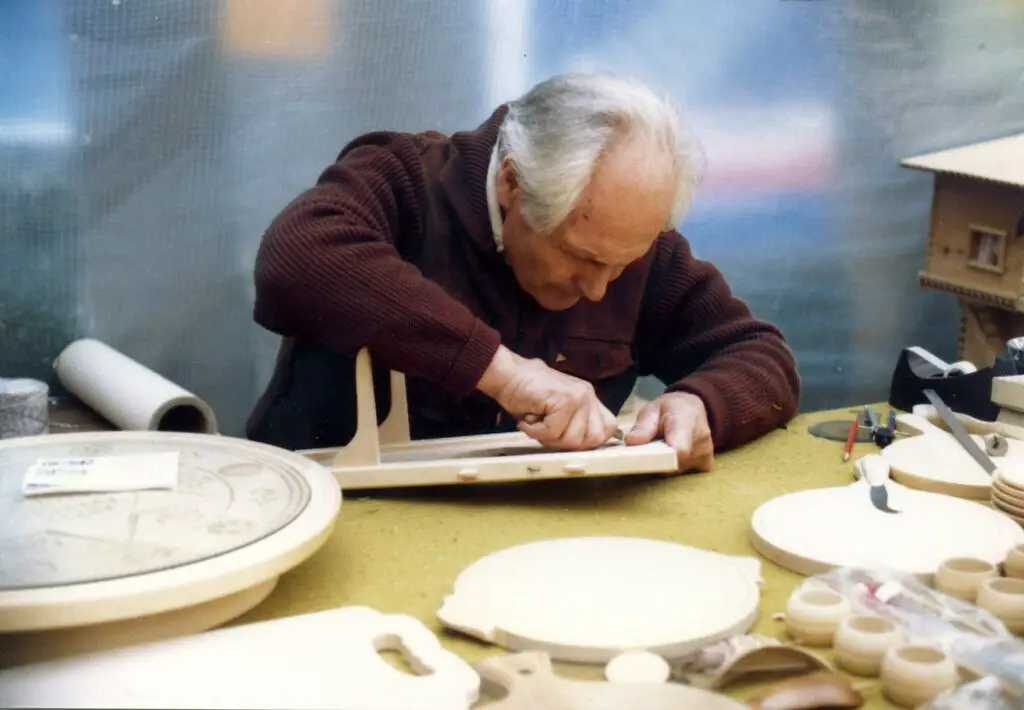13 Retirement Mistakes Baby Boomers Regret – Avoid These Now

Retirement is meant to be a time of relaxation and enjoyment, but many baby boomers find themselves facing financial stress, lifestyle dissatisfaction, or unexpected challenges due to avoidable mistakes. Planning for retirement is crucial to ensure financial security and peace of mind. Here are 13 common retirement mistakes that baby boomers regret, along with ways to avoid them.
1. Underestimating Healthcare Costs

Many retirees assume Medicare will cover all their healthcare expenses, only to be shocked by out-of-pocket costs for prescriptions, dental care, vision, and long-term care. Failing to budget for these expenses can lead to financial hardship. To avoid this, consider supplemental insurance plans, health savings accounts (HSAs), and long-term care insurance to cover unexpected medical expenses.
2. Claiming Social Security Too Early

Claiming Social Security benefits at the earliest age possible may seem appealing, but it significantly reduces monthly payments for life. Many baby boomers regret not waiting longer to maximize their benefits. If possible, delay claiming until full retirement age or even later to increase your monthly checks and ensure long-term financial stability.
3. Not Having a Clear Retirement Budget

Retirees often regret not having a structured budget that accounts for inflation, healthcare, travel, and lifestyle expenses. Without a budget, it is easy to overspend and deplete savings too quickly. Take the time to create a detailed retirement budget that includes fixed and discretionary expenses, and adjust it periodically as needed.
4. Ignoring Inflation

Inflation erodes the purchasing power of money over time, and many retirees regret not accounting for it in their financial planning. Fixed incomes may not stretch as far as expected 10 or 20 years into retirement. To combat this, invest in assets that outpace inflation, such as stocks, real estate, or annuities with cost-of-living adjustments.
5. Keeping Too Much Money in Low-Interest Accounts

Some retirees make the mistake of keeping the bulk of their savings in low-interest accounts, causing their money to lose value over time due to inflation. While it is important to have liquid savings, consider diversifying investments in stocks, bonds, and dividend-paying funds to generate income while preserving capital.
6. Overspending in the First Years of Retirement

Many baby boomers fall into the trap of overspending in the early years of retirement, leading to financial struggles later. The excitement of newfound freedom can lead to extravagant vacations, home upgrades, and unnecessary purchases. To avoid this, create a sustainable withdrawal strategy and stick to a realistic spending plan.
7. Failing to Plan for Long-Term Care

Many retirees underestimate the high cost of assisted living, nursing homes, and in-home care. Without a long-term care plan, families may have to dip into savings or rely on Medicaid. Consider long-term care insurance or alternative financial strategies like hybrid life insurance policies to cover future healthcare needs.
8. Carrying Too Much Debt into Retirement

Carrying mortgages, car loans, or credit card debt into retirement can significantly impact financial security. High-interest debt can quickly eat into savings, making it difficult to maintain a comfortable lifestyle. Pay down as much debt as possible before retiring and avoid unnecessary borrowing in your later years.
9. Not Downsizing When Needed

Many retirees hold onto large homes that are expensive to maintain, heat, and repair. While sentimental value is understandable, downsizing to a smaller home or moving to a retirement community can free up funds and reduce maintenance responsibilities. Evaluate your housing needs and consider whether a change could improve your quality of life and financial stability.
10. Neglecting Estate Planning

Without proper estate planning, assets can end up in probate, leading to unnecessary legal fees and delays. Many baby boomers regret not having a will, trust, or power of attorney in place before retirement. Work with an estate planner to ensure your assets are distributed according to your wishes, and update documents regularly.
11. Relying Too Much on One Income Source

Relying solely on Social Security or a pension can be risky, especially if unexpected expenses arise. Diversifying income sources through investments, rental properties, part-time work, or annuities can help provide financial security and flexibility throughout retirement.
12. Not Staying Active and Engaged

Retirement is not just about finances; maintaining an active and fulfilling lifestyle is equally important. Many retirees regret not staying physically active, socially engaged, or pursuing hobbies. Staying involved in social groups, volunteering, traveling, and exercising can lead to a healthier and happier retirement.
13. Failing to Adjust Investment Strategies

Some retirees make the mistake of being too conservative or too aggressive with their investments. Keeping all funds in bonds can lead to lower returns, while taking too many risks can result in significant losses. Regularly review your portfolio with a financial advisor to maintain a balanced and diversified approach based on your risk tolerance and financial goals.
Final Thoughts

Avoiding these common retirement mistakes can help baby boomers enjoy a more secure and fulfilling retirement. Proper planning, budgeting, and making informed financial decisions can ensure that you have enough savings to support your lifestyle for years to come. Whether you are already retired or preparing to retire soon, taking proactive steps now can help prevent regret later. Start making the right financial moves today to secure a stress-free retirement tomorrow.
Beyond just financial planning, retirement should be about fulfillment and purpose. Engaging in lifelong learning, staying socially active, and maintaining good health can greatly enhance your quality of life. The key is to balance financial security with personal well-being, ensuring that your golden years are truly golden. Take the time to educate yourself on investment options, healthcare plans, and lifestyle choices that align with your long-term goals. With careful planning and smart decisions, retirement can be the best chapter of your life.
























































































































